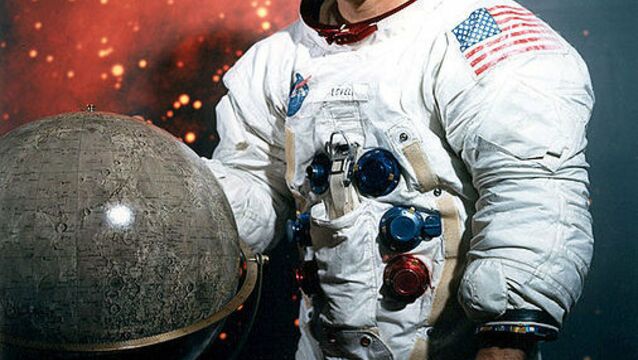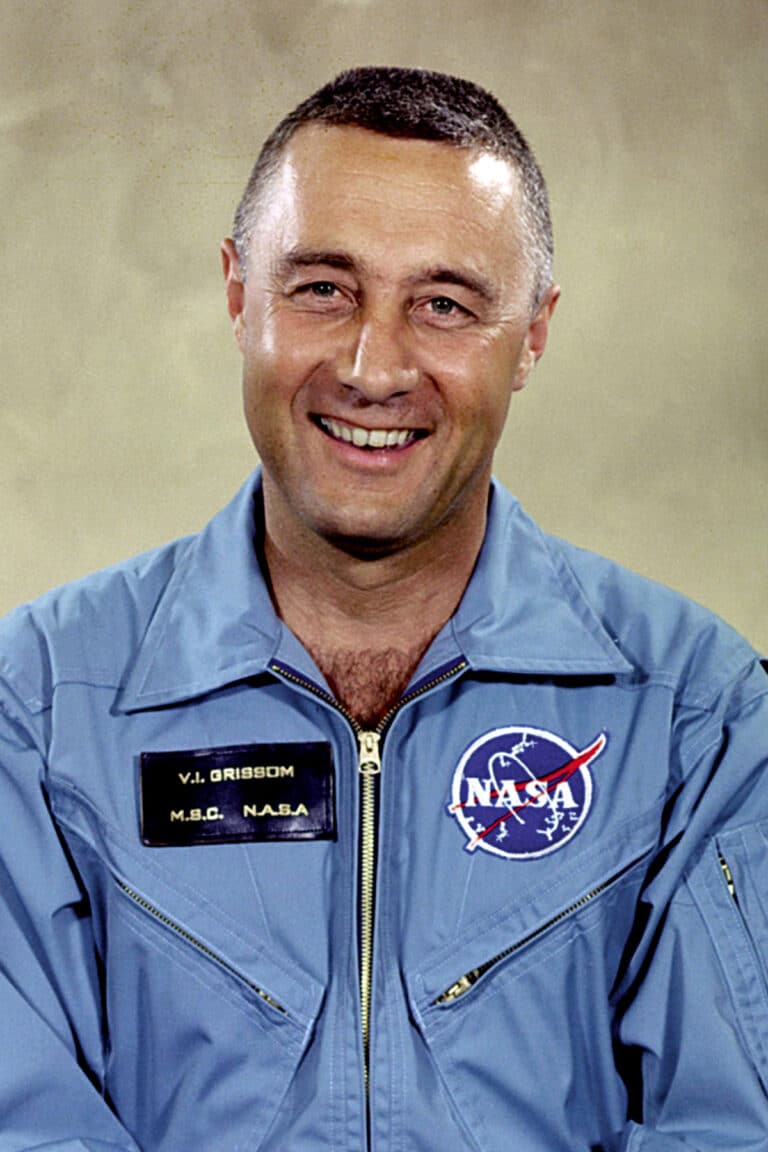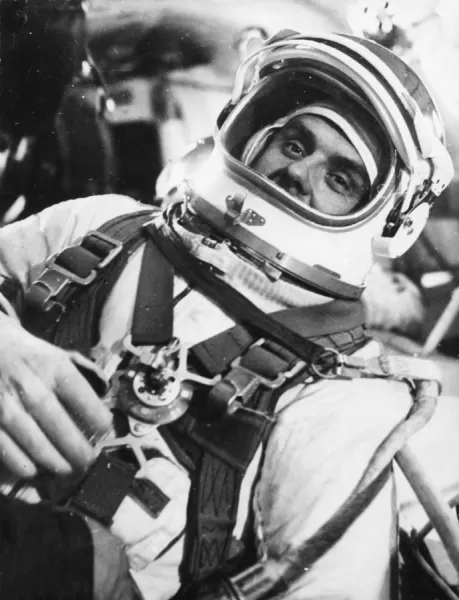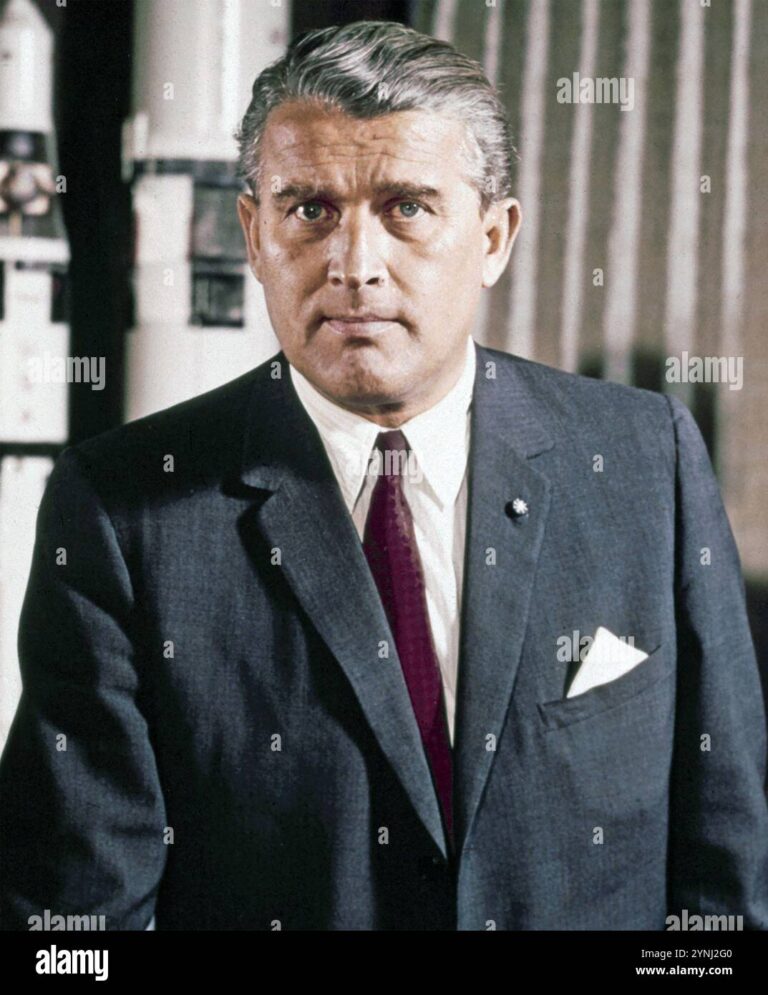Interstellar travel has always been about challenge and exploration, but NASA’s Apollo 13 mission in 1970 is often held up as an iconic example of the limits of human endurance in the face of the unknown. James Lovell, the commander of this daring mission, finds himself confronted with unforeseen crises in the sidereal void. Despite the dramatic circumstances that present themselves, Lovell and his crew prove that human determination can transcend obstacles, transforming potential failure into a condition of survival. This tale tells how teamwork, technical skill and composure can challenge the limits of space, providing a fascinating insight into the history of space exploration.

The Apollo 13 mission, launched on April 11, 1970, is often referred to as a “successful failure.” Although this mission was originally planned to land on the Moon, it turned into a monumental challenge when the crew faced an emergency. At the heart of this expedition was James Lovell, a space veteran who demonstrated exemplary resilience and leadership, successfully returning his team safely to Earth despite the odds. This article explores how Lovell defied the limits of space and led his team through the most difficult trials of their space careers.
Table des matières
ToggleThe inspiring journey of James Lovell
James Lovell, commander of the Apollo 13 mission, was born in 1928. Recruited by the NASA In 1962, Lovell quickly distinguished himself with his exceptional skills as an astronaut. Before Apollo 13, he had already participated in several notable space missions, including Gemini XII. His experience as a pilot and commander was crucial to the success of the mission, especially in the face of unexpected challenges.
The launch and the first days of the mission
The Apollo 13 mission was launched with high hopes for its planned scientific objectives. Once in space, Lovell, along with his teammates Jack Swigert And Fred Haise, began their journey to the Moon. The Apollo 13 spacecraft was equipped with everything necessary to carry out their mission, but it was not immune to complications. During the first days of the mission, the crew conducted various tests and observations, but a series of unforeseen events would challenge the success of their journey.
An unexpected disaster
On April 13, 1970, approximately 200,000 miles from Earth, an explosion damaged the spacecraft’s oxygen tank, resulting in a tragic loss of vital resources. Lovell and his crew found themselves in a critical situation, having to face increasingly precarious living conditions. In this moment of crisis, Lovell took the reins with incredible calm, deciding to change the mission plan and focus on getting home.
Remarkable leadership in the face of adversity
As commander, Lovell experienced a true test of leadership. He not only had to keep his team focused and motivated, but also communicate effectively with the control center. NASA in Houston. The decisions he made were crucial to maintaining minimal living conditions and steering the spacecraft on a safe trajectory back to Earth. Lovell also had to demonstrate excellent improvisation, adapting emergency procedures inspired by previous missions.
The triumphant return and the lesson learned
After days of battling alarming conditions, Apollo 13 successfully completed a flyby of the Moon, turning the ordeal into an opportunity for unexpected scientific discoveries. The astronauts ultimately made the decision to return to Earth using the lunar module as a “salvation boat”. Thanks to Lovell’s ingenuity and leadership, their capsule made a safe splashdown in the Pacific Ocean on April 17, 1970. This mission became a case study in crisis management, proving that the Success is not only defined by achieving one’s original goals, but also by overcoming challenges encountered along the way.
The Legacy of James Lovell and Apollo 13
James Lovell’s journey during the Apollo 13 mission has served as an inspiration to many generations of astronauts and engineers. His calm demeanor in the face of adversities is a lesson in crisis management and innovation in space. Lovell wrote several books about his experience, sharing his thoughts and lessons, which helped give future space explorers a better understanding of the challenges they might encounter. Thanks to him, Apollo 13 remains a symbol of courage, team spirit and determination in space exploration.




















